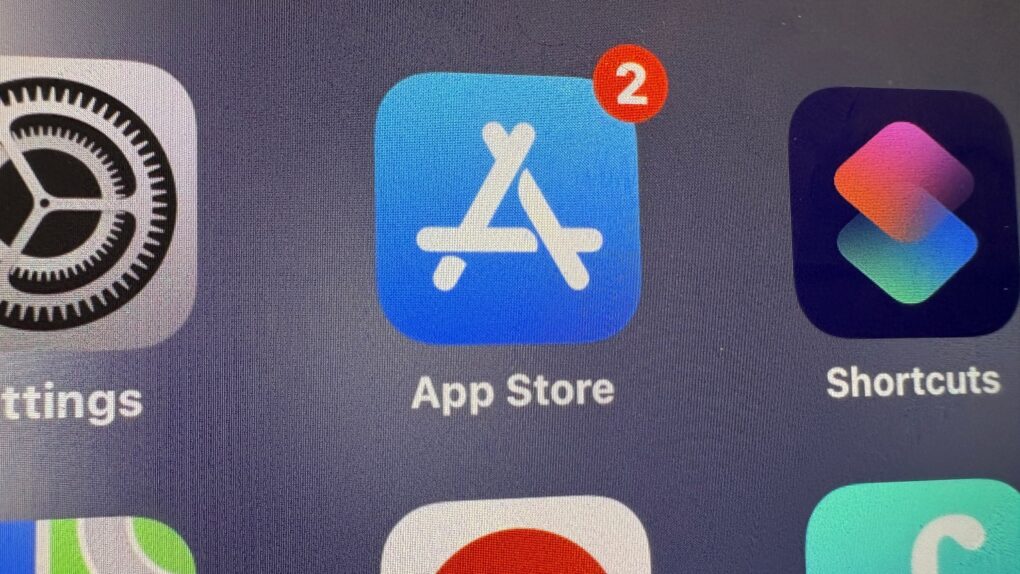A U.S. appeals court on Wednesday shot down Apple’s request to put a hold on a recent judge’s order that opens the App Store to more financial competition.
Apple already made the changes after being ordered to by the federal judge in April, but asked that they be put on hold during the appeal process. A federal appeals court denied the request.
Apple loses another round in court
In 2021, U.S. District Judge Yvonne Gonzalez Rogers ordered Apple to allow iPhone software developers to point customers to their own websites to make in-app purchases without giving Apple a percentage of the revenue. Apple didn’t do it. But on April 30, the judge put her foot down and ordered the Mac-maker to comply immediately, which it did.
But that’s not the end of the legal fight, as the iPhone maker appealed the decision and asked the relevant appeals court to put a hold on Gonzalez Rogers’ order so it could walk back the changes to the App Store.
“After reviewing the relevant factors, we are not persuaded that a stay is appropriate,” the court said Wednesday.
The court went on to say that it wasn’t convinced Apple would eventually win its case, and the company won’t be “irreparably injured” by the changes during the appeals process.
“We are disappointed with the decision not to stay the district court’s order, and we’ll continue to argue our case during the appeals process,” an Apple spokesperson told Cult of Mac. “As we’ve said before, we strongly disagree with the district court’s opinion. Our goal is to ensure the App Store remains an incredible opportunity for developers and a safe and trusted experience for our users.”
Recent App Store changes that are now semi-permanent
Under Gonzalez Rogers’ order, Apple must allow third-party developers to include in their iPhone apps notifications and links so customers can easily make purchases outside the App Store and avoid using Apple’s payment system. Plus, the court order forbids Apple from showing customers ominous-sounding warnings when they follow links from apps to developers’ websites … something the company had been doing.
But the part of the ruling that’s likely most important to Apple is that it cannot require iPhone application developers to pay a commission of 12% to 27% on transactions made outside the App Store.
Wednesday’s decision of the appeals court means that these changes stay in place during the appeals process, though they could be removed if the appeals court eventually decides to overturn Gonzalez Rogers’ ruling.
All of this took place as the result of a lawsuit brought by Epic Games back in 2020. The game developer wanted to do just what Gonzalez Rogers’ ordered: send players of its popular Fortnite game to its own website to make purchases. Epic CEO Tim Sweeney posted on X, “The long national nightmare of the Apple tax is ended.”


